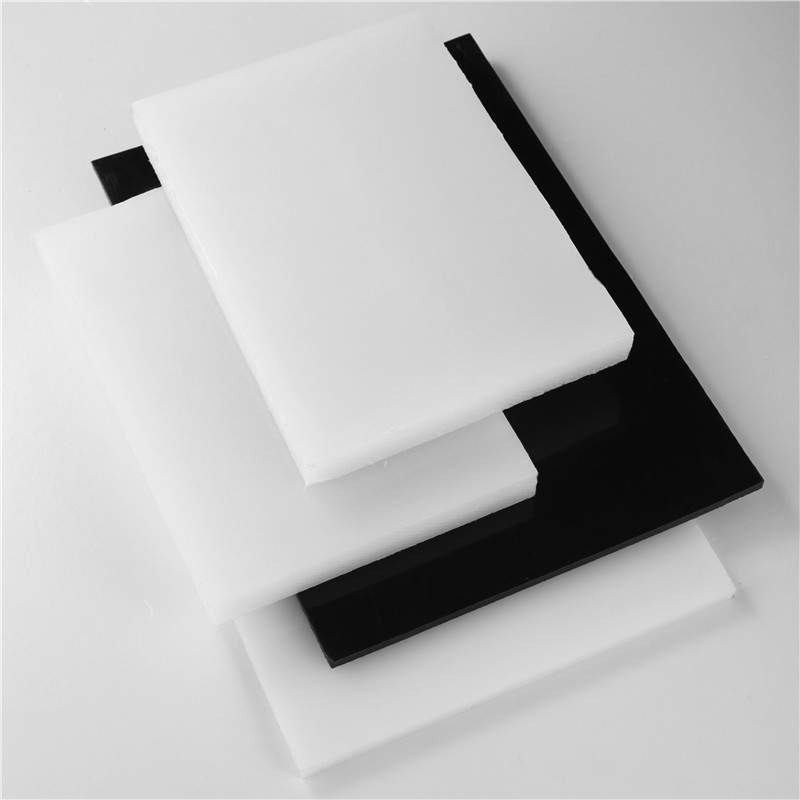Dez . 16, 2024 00:54 Back to list
hdpe irrigation pipe fittings
Understanding HDPE Irrigation Pipe Fittings Essential Components for Efficient Irrigation Systems
High-Density Polyethylene (HDPE) irrigation pipe fittings are critical components in modern irrigation systems, widely used in agricultural, landscaping, and industrial applications. With increasing demands for efficient water management and the growing necessity to conserve water in agricultural practices, HDPE fittings have garnered attention for their durability, flexibility, and overall performance. In this article, we will explore the key features, benefits, and applications of HDPE irrigation pipe fittings, and why they are indispensable in contemporary irrigation solutions.
What is HDPE?
HDPE, or High-Density Polyethylene, is a thermoplastic polymer made from petroleum. Known for its high strength-to-density ratio, HDPE is resistant to many solvents and can withstand extreme environmental conditions. It is a fantastic choice for various applications, particularly in irrigation systems, due to its resistance to corrosion, low weight, and flexibility. These properties make HDPE an excellent alternative to traditional metal and PVC fittings, which may degrade over time or corrode due to chemical reactions.
Key Features of HDPE Irrigation Pipe Fittings
1. Durability HDPE fittings are known for their long lifespan. They can last for over 50 years, depending on the environmental conditions and maintenance. The resilience of HDPE against temperature fluctuations and its resistance to UV light further contribute to its durability.
2. Flexibility HDPE pipes can bend and curve, allowing for easier installation in varying terrains. This flexibility aids in reducing the number of fittings required and minimizes the chances of leaks.
3. Corrosion Resistance Unlike metal fittings, HDPE does not corrode or rust, making it suitable for use with various chemicals and in different soil conditions. This characteristic ensures a longer life and reduced maintenance costs.
4. Low Installation Costs HDPE fittings are lightweight, which makes them easier to handle and transport. This capability can significantly reduce labor and transportation costs during installation.
hdpe irrigation pipe fittings

5. Environmental Impact HDPE is recyclable, which supports sustainability efforts in agriculture and irrigation practices. After its useful life, HDPE can be repurposed, thus minimizing waste.
Types of HDPE Irrigation Pipe Fittings
HDPE irrigation pipe fittings come in various shapes and sizes, designed to connect different sections of pipe and facilitate the distribution of water. Some common types of fittings include
- Elbows Used to change the direction of the pipe. Common angles are 90 and 45 degrees. - Tees Allow for branching off the main line for lateral distribution. - Couplings Used to connect two lengths of pipe. - Adapters Facilitate connections between HDPE fittings and other types of fittings or pipes, such as PVC or metal. - Flanges Provide a method of connecting pipes or fittings to a larger system, allowing for easy disconnection.
Applications of HDPE Pipe Fittings
HDPE irrigation pipe fittings are utilized in various applications, including
- Agricultural Irrigation In farms where efficient water distribution is crucial, HDPE fittings help establish a reliable irrigation network that minimizes water wastage. - Landscape Irrigation For gardens and parks, HDPE fittings facilitate automated systems, ensuring plants receive adequate water. - Industrial Applications Industries often require robust irrigation systems for cooling, dust suppression, and other processes. HDPE fittings can handle the associated stresses.
Conclusion
In summary, HDPE irrigation pipe fittings play a fundamental role in the efficiency and effectiveness of irrigation systems. Their remarkable properties—durability, flexibility, corrosion resistance, and low installation costs—make them an excellent choice for both small and large-scale irrigation projects. With the increasing emphasis on sustainable water management, HDPE fittings are poised to play an even more significant role in irrigation practices. By choosing HDPE for irrigation systems, farmers and landowners not only invest in quality and longevity but also contribute to responsible water use and conservation efforts in agriculture. Whether for commercial farming or residential landscaping, HDPE irrigation pipe fittings offer a reliable solution for modern irrigation needs.
-
Durable PP Rigid Sheet: Lightweight, Chemical Resistant Solutions
NewsAug.21,2025
-
PVC Grey Sheet for Extraction: Chemical Resistant & Durable
NewsAug.19,2025
-
Durable PVC Pipe Fittings for Plumbing & Irrigation Needs
NewsAug.18,2025
-
HDPE Steel Belt Reinforced Spiral Corrugated Pipe | High Strength
NewsAug.17,2025
-
HDPE Pipe Fittings: Durable, Leak-Proof Solutions
NewsAug.16,2025
-
Premium CPVC Sheet: High-Temp & Chemical Resistant Solutions
NewsAug.15,2025

